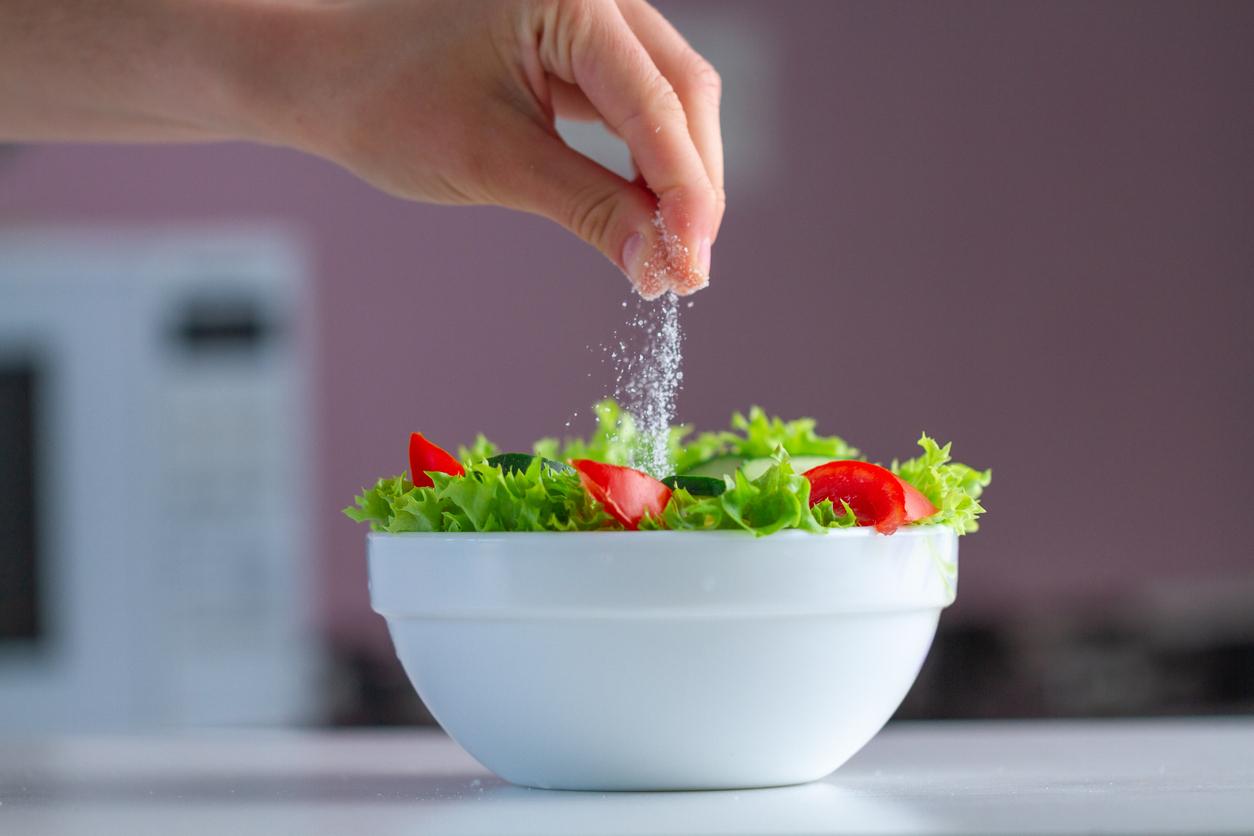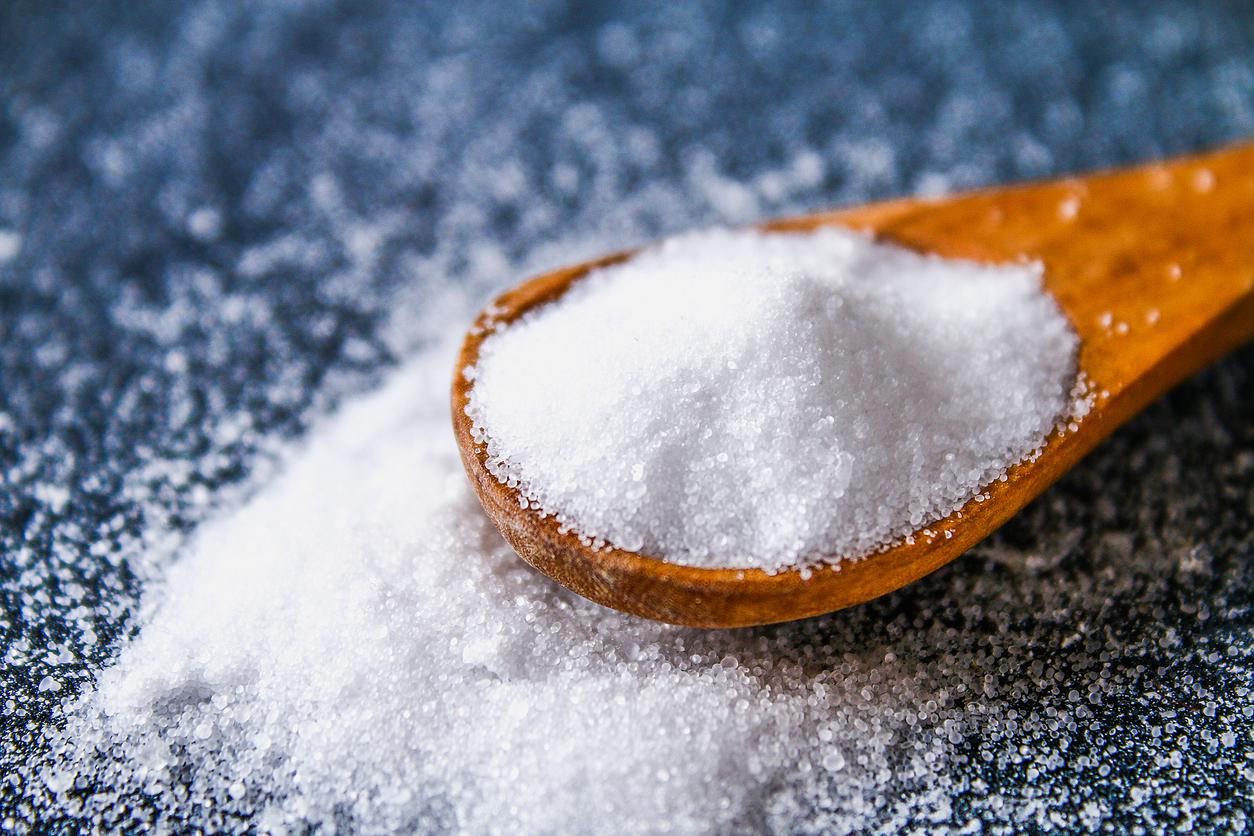Each French person consumes, most of the time without realizing it, on average 4 kilos of salt per year, or nearly twice the limit dose set by the World Health Organization. You have to learn where the salt is in the diet.

Life is not lacking in salt …
Nor does the history of medicine either. Remember. The salt-free rusk, the salt-free baguette, the absolute horror of our parents’ diets as soon as they had a little high blood pressure. And then, in the 90s, with the return to greater tolerance, cardiologists told us not to over-salt, but to keep the pleasure of gastronomy… By being wary of hidden salts. And this is where the advice gets a little perverse. Especially if we are to believe an official report, which dates back a few years, which attempted to demonstrate that the salt added to excess in food by the agri-food industry would cause 75,000 cardiovascular accidents each year, including 25,000. deadly. A figure so high that many specialists had spoken at the time of this publication of bizarre data.
Objective: minus 20%
They are probably not that much, and the goal defined by doctors and the Ministry of Health today is to lower the salt content of foods sold in stores, with a clearly stated goal of reducing of 20% in the short term the average salt intake of the French. So why this “over-salting” by manufacturers? Well, to rig the weight by retaining water, thus selling more expensive… But also it seems, to make thirsty and to encourage the consumption of drinks, produced by these same groups. The priority targets are: bakeries and industrial meats, as well as many canned goods. Extremely violent reaction from food industry professionals, because this 20% reduction in salt content would lead to a shortfall of 6 billion euros. A reaction that can be compared to the pressure exerted by the alcohol and tobacco lobbies. But again with little chance of arousing compassion, because we know that each French person consumes an average of 4 kilos of salt per year, or nearly twice the limit dose set by the World Health Organization. However, it is also necessary to make future patients a little more responsible, because it is also at the table, with the salt shaker, that we exceed the limits set by medicine on a daily basis.
.















